Earlier this week, I had the opportunity to attend a talk by Phil Bishop, a professor of Zoology here at the University of Otago. Phil specializes in amphibians, and is one of the world’s foremost advocates for amphibian conservation… This week, it’s all about amphibians: What are amphibians? Why do they matter? Why are they disappearing? And what can we do about it? All of that, plus some cool amphibi-friends, on this week’s frog blog.
Cameras for Conservation: New Findings
The whole reason this website exists is because of my Master’s in science communication. As part of the thesis, you have to do a creative project in addition to academic research. But what about the research I did? There have been a lot of edits and rewrites and even some new testing since then. So now, it’s time for an update on the research behind the Wild Focus Project…
Moa for #BirdOfTheYear2018
A Brief History of the Giraffe
I’ve talked a fair amount on this site about some of the world’s lesser known species, and why they deserve your attention. … But people gravitate towards what they know, and it’s important to remember that when trying to promote conservation. So this week, I’m turning my attention back to one the more famous species. After all, there’s a reason that giraffes are so well-known around the world…
Ansel Adams: Photography for the Parks
Last week, I delved into the early history of the US National Parks: their origins, their development, and their advocates – particularly John Muir, founder of the Sierra Club. Who would continue his legacy? Who could keep up that fight with the same level of passion and ability to share the importance and beauty of the wilderness with the American people? Enter Ansel Adams. …
John Muir and the National Parks
Earlier this week, the US celebrated its 242nd Independence Day, and I kind of… forgot about it. I live outside of the US, and I’ve never really been a super patriotic person anyways, at least not in terms of the flags and the songs and stuff like that. But there is one thing that makes me very proud to be American, and that’s our National Park system…
Strange Sharks
Guest Post: How Photography Taught Me to Love Science and Preserve the Planet
Comedy and Conservation
Living Costs
After writing last week’s post about small cats, I remembered a Washington Post article from last year about bobcats. Specifically, one particular bobcat that brings in over $308,000 USD for Yellowstone National Park and the surrounding area every year. … These scenarios are some of many where a dead animal may be worth some money, but a live animal can bring in a disproportionately higher amount….
Move over, big cats
When it comes to publicity for protecting wild cats, the big ones get the lion’s share of attention and funding. The 7 big cat species are some of the best known animals in the world. But what about the world’s other wild cats? There are 33 known “small cat” species around the world that are just as important and deserve just as much attention…
Wildlife vs Hollywood
Movies are powerful. They can have considerable influence over our thoughts, opinions, and behavior. In many ways, modern society is shaped by popular media. So what does that mean for wildlife? What happens when traditionally wild animals play important roles in such influential stories as Harry Potter or Black Panther? …
4 Weird Ways to Save Rhinos... maybe
Earlier this week, the last male northern white rhino died, signaling the end of the subspecies. Several other types of rhinos are endangered as well. The largest group are the white rhinos (including all subspecies) with around 21,000 individuals, while the Javan rhino numbers a mere 50-65 individuals, making it a competitor for the world’s rarest large mammal (one of nature’s worst competitions)...
Guest Post: Awe and Pro-Environmental Behavior
Women for Wildnerness
Happy International Women's Day! This week we celebrate some of the smart, passionate, and strong women in nature conservation and wildlife photography - some you'll know, and some you probably won't know. Every one of these ladies has played a critical role in protecting biodiversity, and/or sharing the wild with the public through photography or other works...
